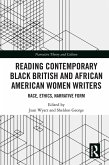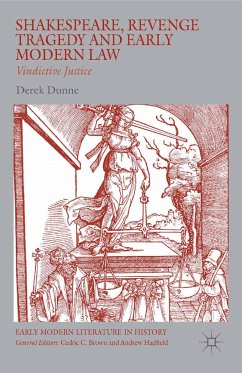Vengeance permeates English Renaissance drama - for example, it crops up in all but two of Shakespeare's plays. This book explores why a supposedly forgiving Christian culture should have relished such bloodthirsty, vengeful plays. A clue lies in the plays' passion for fairness, a preoccupation suggesting widespread resentment of systemic unfairness - legal, economic, political and social. Revengers' precise equivalents - the father of two beheaded sons obliges his enemy to eat her two sons' heads - are vigilante versions of Elizabethan law, where penalties suit the crimes: thieves' hands were cut off, scolds' tongues bridled. The revengers' language of 'paying' hints at the operation of revenge in the service of economic redress. Revenge makes contact with resistance theory, justifying overthrow of tyrants, and some revengers challenge the fundamental inequity of social class. Woodbridge demonstrates how, for all their sensationalism, their macabre comedy and outlandish gore, Renaissance revenge plays do some serious cultural work.
Dieser Download kann aus rechtlichen Gründen nur mit Rechnungsadresse in A, B, BG, CY, CZ, D, DK, EW, E, FIN, F, GR, HR, H, IRL, I, LT, L, LR, M, NL, PL, P, R, S, SLO, SK ausgeliefert werden.









